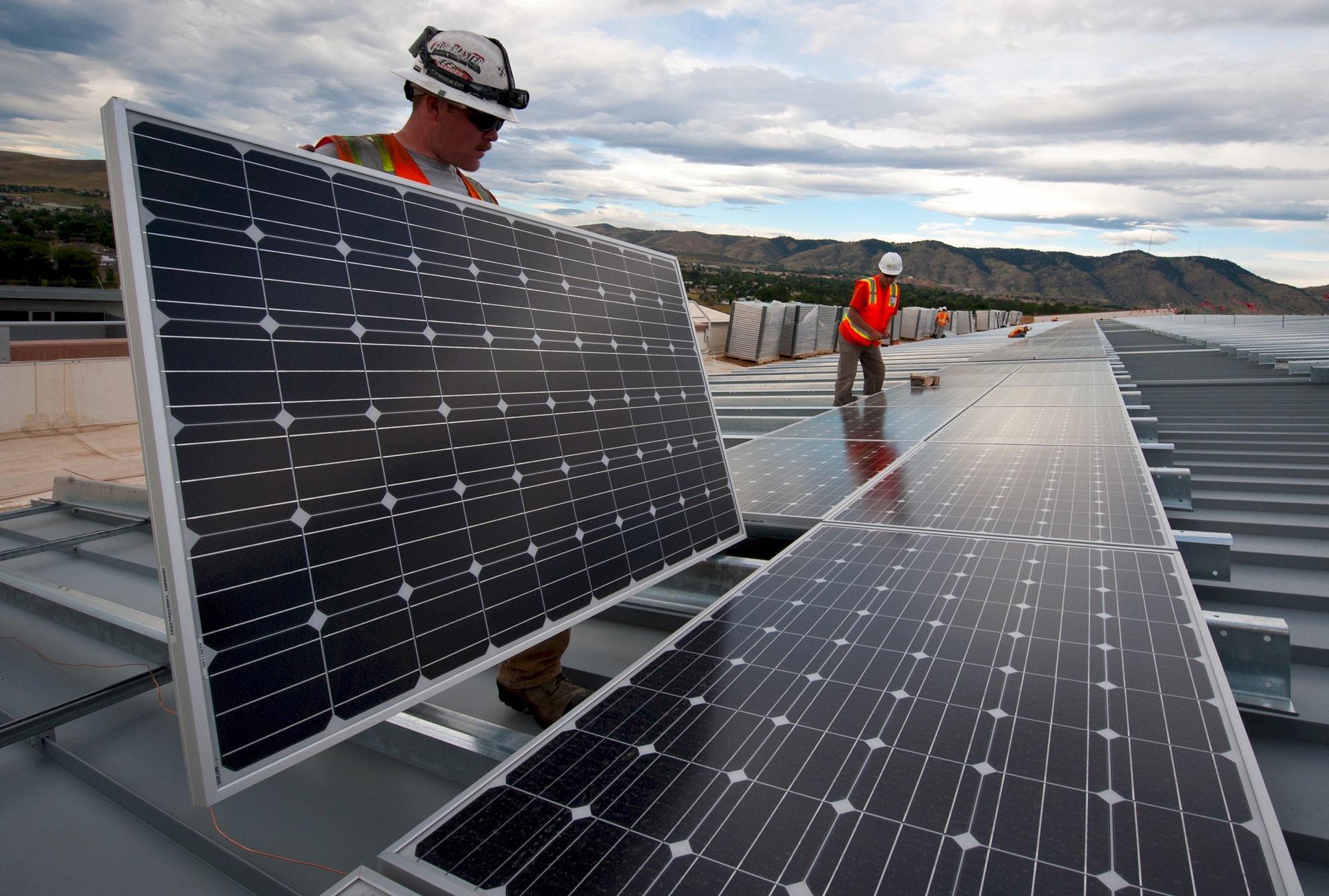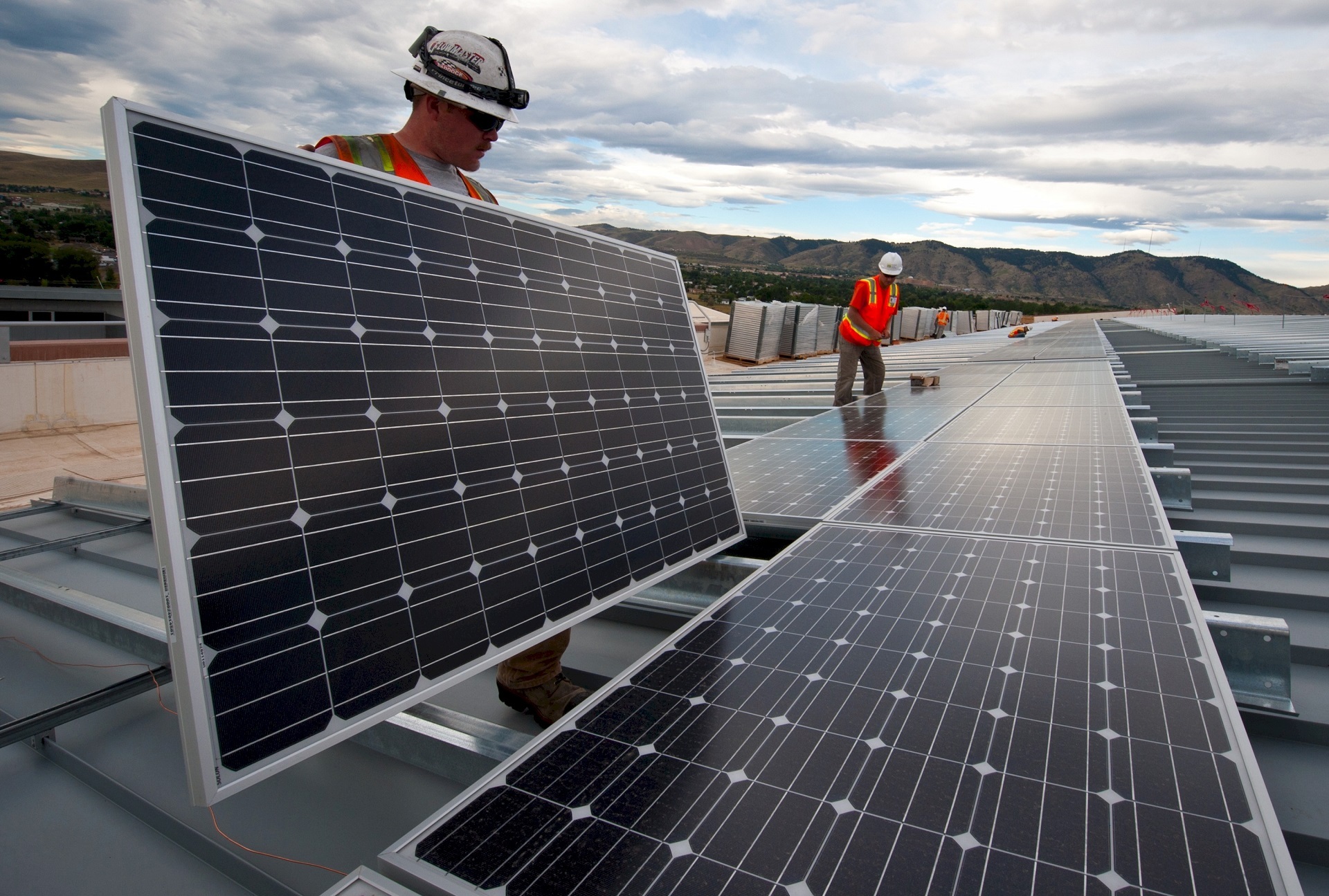Euro Solar—one of the largest solar panel retailers in Australia has been compelled by the Clean Energy Regulator to replace modules or relinquish small-scale technology certificates (STCs) after supposedly installing solar panels that were non-compliance.
The CER found out that P & N NSW Pty Ltd, which transacts as Euro Solar, have claimed STCs from non-compliant solar systems on 10 different rooftop solar installations. Overall, this amounts to 1,058 STCs valued at about $40,000.
To effectively “address its conduct”, the CER has requested P & N to validate serial numbers on additional 78 solar modules installed within 12 months, and for 100 installations that were added within 18 months. The CER has so far identified all the installations.
If these installations are found to have non-compliant solar panels, P & N will be forced to either replace all the affected panels or relinquish STCs especially if the homeowners refuse to have them changed. If none of the installed panels are compliant, then the STCs could reach $500, 000.
According to the CER, the action taken against P & N is part of a crackdown on rules contained in the SRES, which provides up-front rebates for all rooftop solar installations. To be eligible for STCs, solar panels must have been approved and certified by the Clean Energy Council.
“We are rolling out an innovative compliance program that reaches out into the small-scale technology certificate (STC) creation chain to detect the installation of unapproved panels, which are not eligible for STCs,” the CER stated.
Euro Solar has grown in popularity among the Australian solar market because of its deep discounts, which give the retailer an edge over the many competitors in the industry.
“P & N NSW Pty Ltd’s compliance procedures did not identify, at the time of STC creation, that the solar PV panels were non-compliant solar PV panels,” the CER added.
P & N has shown commitment in enforceable undertakings to validate the rest of the installations, and pledges to provide the CER with a report on a monthly basis.
The solar retailer will also have to fund the testing of four solar PV panels by the Clean Energy Regulator—which were randomly chosen by the CER while in custody of the P & N NSW Pty Ltd to determine whether the solar panels carry the relevant features for accreditation or continuing accreditation.
The CER adds that enforceable undertakings can be pursued in a bet to prevent or address issues of serious non-compliance.
“Enforceable undertakings are written statements from a person or organisation that they will do, or refrain from doing, certain things in order to resolve detected contraventions or improve compliance with the legislation,” it states.
The CER’s intervention follows growing concerns within the industry about the behaviours and standards of some solar installers, the quality of some of the imported merchandise such as solar panels and inverters, as well as the need to initiate an awareness program for customers.
Remarkably, the solar industry in Australia has really grown with huge leaps, with over 1.7 million installations done, and about 6 GW of rooftop solar panels, most of which are still in perfect condition and deliver high performance.
There has been an outcry across the solar energy industry to crackdown on poor quality solar installations, and structures put in place to ensure more surveillance of solar systems—majority of which are imported into the country—to guarantee compliance.
“The Clean Energy Regulator takes fraud and deliberate non-compliance seriously and takes necessary action to ensure the integrity of the scheme,” the CER stated.
“SRES participants who are involved in the installation of unapproved panels will be subject to enforcement action by the Clean Energy Regulator. (SRES is the small-scale renewable energy scheme which governs rooftop solar installations up to 100kW).
“We have a broad range of compliance and enforcement options, including suspension of registration and REC Registry accounts, enforceable undertakings and criminal or civil proceedings.”
In another statement, the CER says it’s working closely with peak bodies and solar industry to enable consumers, installers and retailers, to employ a new and more reliable Solar Panel Validation Pilot to check the validity of solar panels being sold and installed in Australia.
Participating manufacturers will be required to furnish installers, retailers and consumers with serial number data to enable them validate panels.
The CER adds that STCs generated using validated panel data will produce a higher level of confidence to the Clean Energy Regulator. STCs generated without authentic data will be closely evaluated using compliance processes and if found to be unverified, be subjected to enforcement action.



